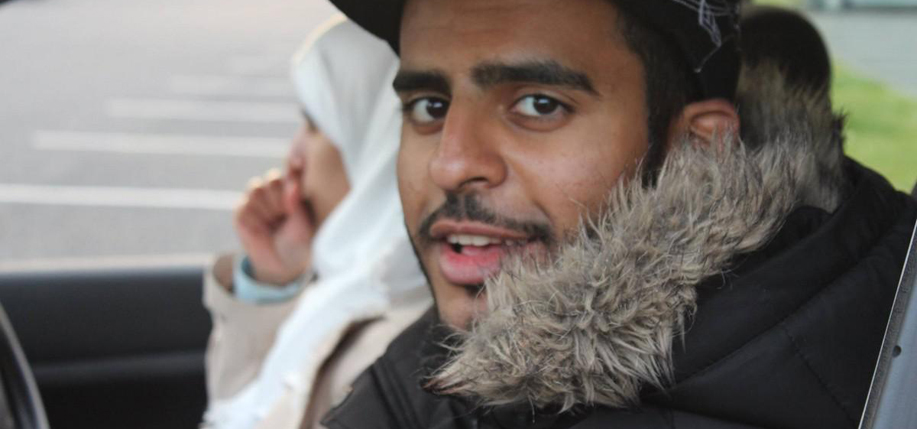After four years spent imprisoned in Egypt, Ibrahim Halawa, the son of Egyptian immigrants to Ireland, was acquitted of all charges relating to a 2013 political protest that descended into violence. The aquittal came as the result of a September mass trial of hundreds of prisoners detained on charges related to the protest. Halawa’s detention sparked international sympathy and outrage, particularly due to his young age of 17 at the time of arrest.
In a display of triumph, Irish diplomat Shane Gleeson raised his fist through a metal mesh and plastic screen as Halawa was declared innocent. In Dublin, Halawa’s sister Nosayba reported family members falling to their knees in relief. “Then we went back to crying and hugging each other,” she told the New York Times. Halawa is a son of Sheikh Hussein Halawa, Ireland’s senior-most Muslim cleric and imam of Ireland’s largest mosque. Hussein Halawa and his wife immigrated to Ireland from Egypt a year before Ibrahim was born.
The trial resulted from one of the most politically-charged and violent moments in modern Egyptian history, when on August 14 2013, national security forces killed over 800 people in Cairo as they dispersed Muslim Brotherhood supporters who had gathered to protest the ousting of elected president Mohamed Morsi by the military one month prior. This prompted a second protest days later, this time against the military, in Cairo’s Ramses Square which also became physical. Hundreds of people, including Halawa and his three sisters, hid inside a local mosque, but were later cleared out by police and arrested. The Halawa sisters were released on bail and returned to Dublin.
Taoiseach Leo Varadkar promised in a statement that Irish diplomats will ensure Halawa “gets home as soon as possible,” welcoming the end of what he called “an extraordinarily protracted case.” Egyptian law dictates that the prosecution can repeal an acquittal within 60 days, so time is of the essence in returning Halawa to Irish soil before the prosecution appeals.
A minimum of 439 other people, including 20 Americans, were found guilty and given sentences of five years to life in prison, a ruling condemned by Amnesty International as a “cruel farce.” Included in these is U.S. citizen student Ahmed Etiwy, who, despite a recent rejection, may like Halawa soon be eligible for release. ♦
Irishman Ibrahim Halawa Acquitted After Four Years


Leave a Reply